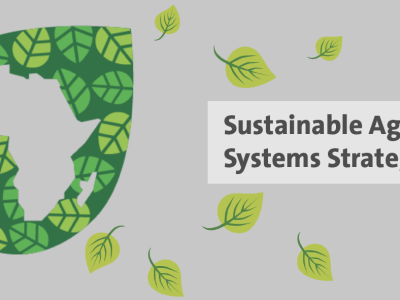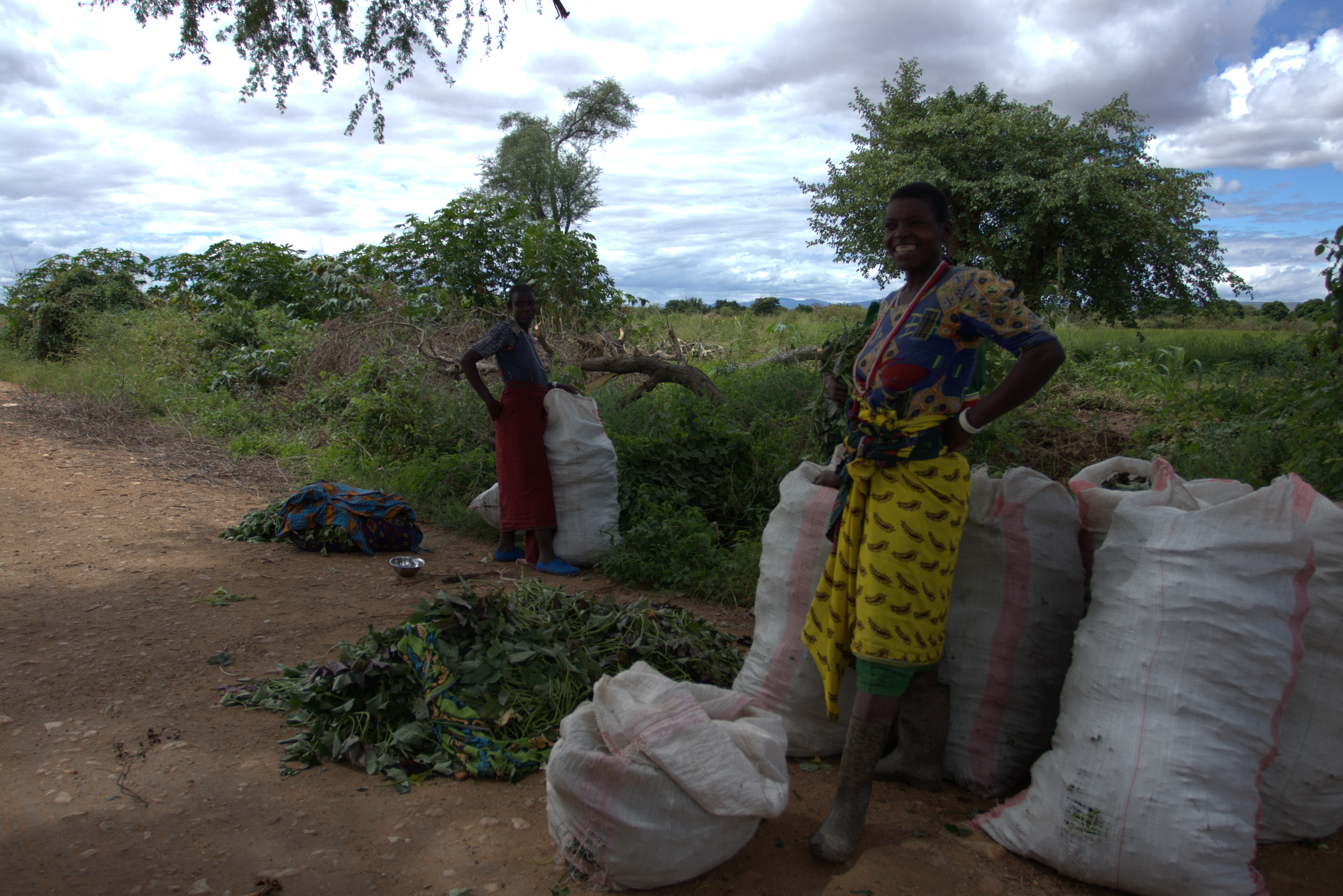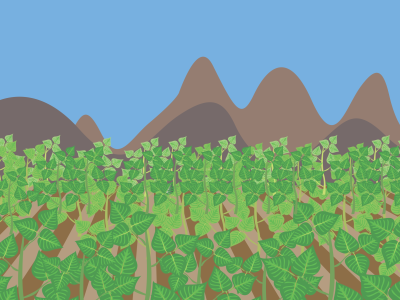
Minister Martina and Italy's experience in green farming policies
ECDPM's Francesco Rampa interviewed Maurizio Martina, the Italian Minister of Agriculture, Food and Forestry Policies on Italy's approach to sustainable food systems A ‘sustainable food system’ is understood as a system in which all activities are sustainable from an environmental, economic and social point of view. In this interview with Maurizio Martina, the Italian Minister of Agriculture, we discuss the major trends affecting food systems, most notably climate change and limited resources availability, challenges arising from growing urban and informal markets, the current double burden of malnutrition, and the power concentration within groups of big retailers and supermarkets. The following questions cover, to a great extent, all three dimensions of a sustainable food system (planet, people, profit).
Francesco Rampa: What is Italy doing to achieve sustainable food systems (including going beyond agricultural development and food security and reconciling economic goals with nutrition/health and environmental sustainability)? Which incentives exist to promote more sustainable food systems?
Maurizio Martina: Sustainability is key to making the Italian agricultural model more competitive. In Europe, Italy is leading in the organic farming sector with about 60,000 operators and 1.5 million hectares cultivated. Italian farmers started to reduce the negative environmental impacts of farming practices many years ago. As a result, our country has cut by half the use of pesticides and significantly reduced greenhouse gas emissions, scoring well below the European average. Our government invests more than €3bn in European agricultural funds for sustainability incentives, and we have recently approved a law for the establishment of organic canteens certified by the government. All this confirms that Italy is at the forefront when it comes to green farming policies.
Global climate funds, such as the Green Climate Fund (GCF), seem promising for sustainable agricultural development & food security, but agriculture is not a specific focus of the Paris Agreement nor earmarked under the GCF. As a potential contributor to the Green Climate Fund, would Italy agree to use these type of funds for adapting agriculture in Africa (also given that agriculture is one of the priority adaptation area, as stated in most of Africa’s NDCs)?
Agriculture will be a central part of the fight against climate change. In the next years it will be crucial to invest in the African continent on low-impact agricultural models, which combine productivity needs with respect for the territory and the environment. Italian and European experiences can be an important reference.
What can Italy, and Europe, do better to support sustainable food systems in African countries as part of their international cooperation?
International cooperation around agriculture and food systems is one of the main avenues that richer countries must pursue to support peace and coexistence among peoples. This can be achieved by adopting funding policies for the development of agriculture in the poorest countries, improving access to resources and ensuring fairer trade practices. There are still 800 million people who are chronically hungry and have no access to water, especially in Africa. It is a theme that requires concrete answers at the global level, because we especially in the Mediterranean region can see the consequences every day.
Given Italy’s own cluster (‘distretti’) and agricultural model (based on family and organic farming, certification/‘DOC’ labeling, etc.) what are your suggestions (innovative partnerships, policies and programmes) to supporting ‘short’ food value-chains in Africa (or better combining/integrating ‘long’ value chains, which are more commercial/export/cash crops/commodities oriented; with ‘shorter’ traditional value-chains, which tend to be more sustainable and nutritious, such as neglected and underutilised species (NUS))?
That is precisely what I was referring to before. The Italian model is based on territorial development through the collaboration between a network of small and medium-sized agricultural actors, and a transformation system that points to the origin indications as an added value. More generally, we need to think about a new relationship between ecology and agriculture. This relationship needs to ensure farmers’ income support, more innovation for small producers, and strong rules to ensure fairer markets. So let’s start from there to give concrete answers and new opportunities not only to Africa but also to the 500 million small producers in the world. Transferring knowledge and guaranteeing a fairer power balance in the industry means making countries like in Africa stronger and more productive. We are in fact planning to discuss these issues with H.E. Josefa Sacko, Agriculture Commissioner of the African Union, who will be with us at the Agriculture Ministers meeting of the G7, in Bergamo, in October 2017.
Looking forward: what is your vision for the next ten years to achieve sustainable food systems through global processes (e.g. Committee for Food Security (CFS), Global Alliance for Climate-Smart Agriculture (GACSA), etc.), taking into account the various challenges of climate change, urbanisation, population growth, etc.?
Adopting sustainable farming practices and ensuring greater resilience can facilitate the achievement of the UN 2030 Sustainable Development Goals, in particular those related to food security. The zero hunger goal, for example, can only be achieved with greater inclusion of small farmers, women and the youth; the adoption of good agricultural practices; effective rural development programmes; the expansion of organic farming, broader adoption of biodiversity conservation measures; and more investment in research and technology. These are critical issues, which are also interwoven with migration dynamics. We will discuss all these issues at the Agriculture Ministers meeting of the G7, in a forward-looking manner. Thinking over the next ten years means thinking about the world we want for our children, and engaging in concrete and shared policies to make it happen.
About the interviewee
Maurizio Martina is the Italian Minister of Agriculture, Food and Forestry Policies.
Read the full magazine issue






